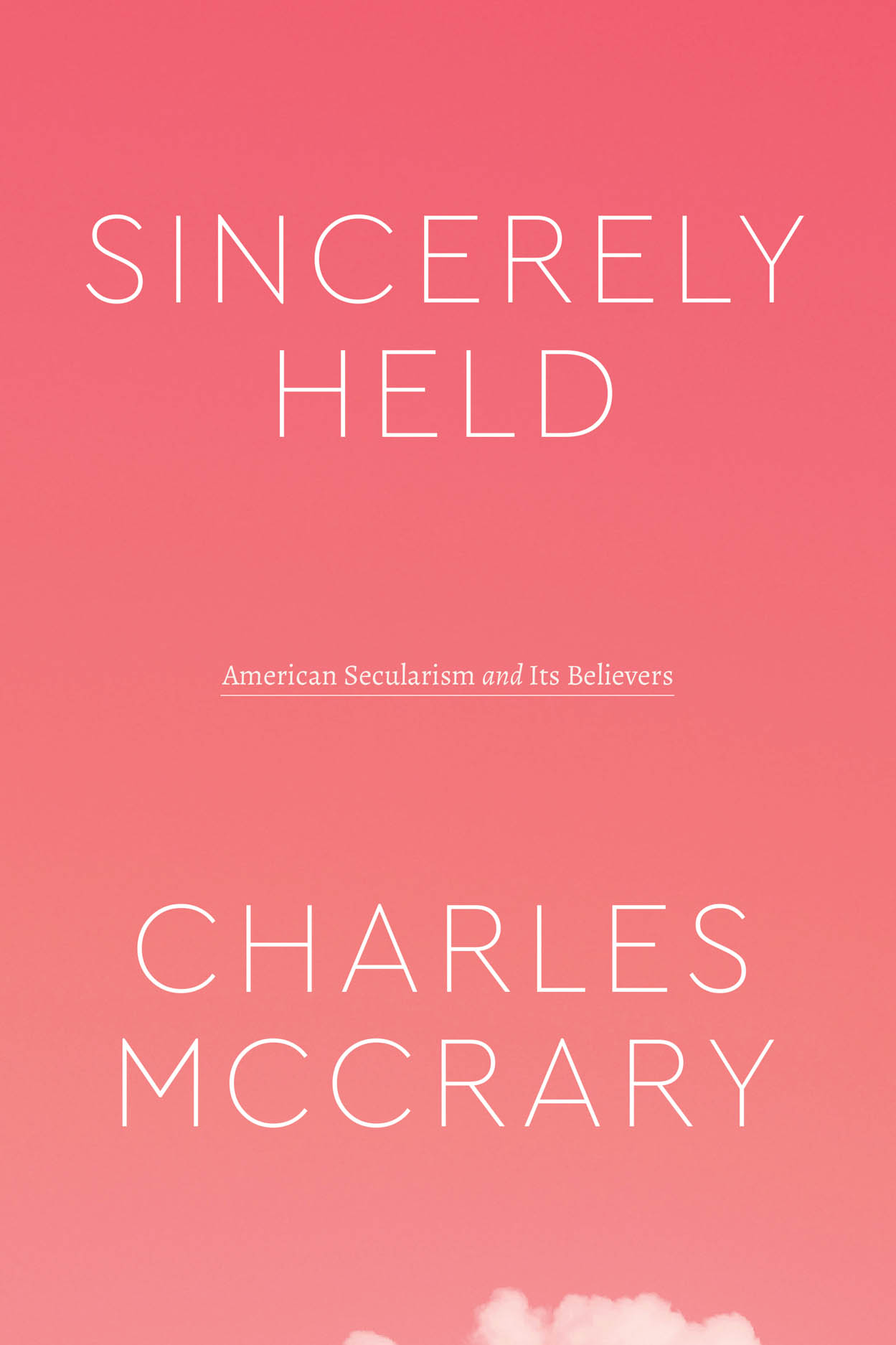2018 School Spending Survey Report
Sincerely Held: American Secularism and Its Believers
Univ. of Chicago.
(Class 200: New Studies in Religion).
Apr. 2022.
304p.
ISBN 9780226817958. pap. $30.
LAW
COPY ISBN
VERDICT A good choice for religious, political, and legal scholars seeking a thorough confrontation of what historically has and hasn’t counted as a sincerely held religious belief.
RELATED
ALREADY A SUBSCRIBER? LOG IN
We are currently offering this content for free. Sign up now to activate your personal profile, where you can save articles for future viewing




Comment Policy:
Comment should not be empty !!!